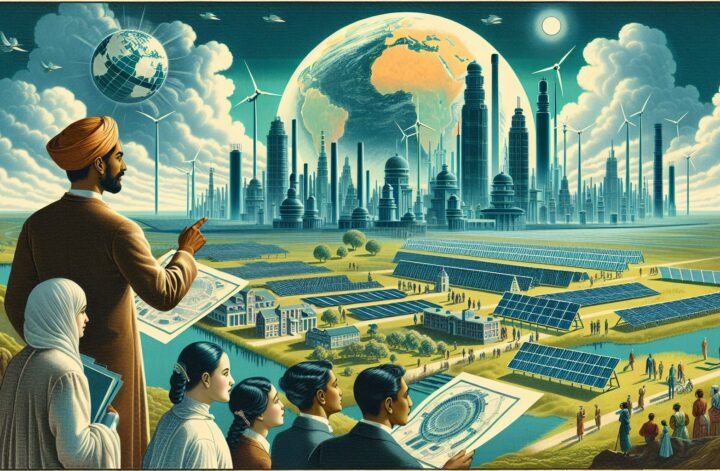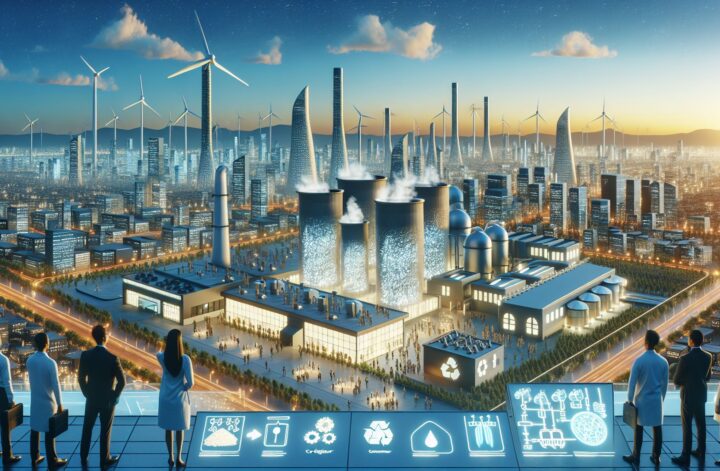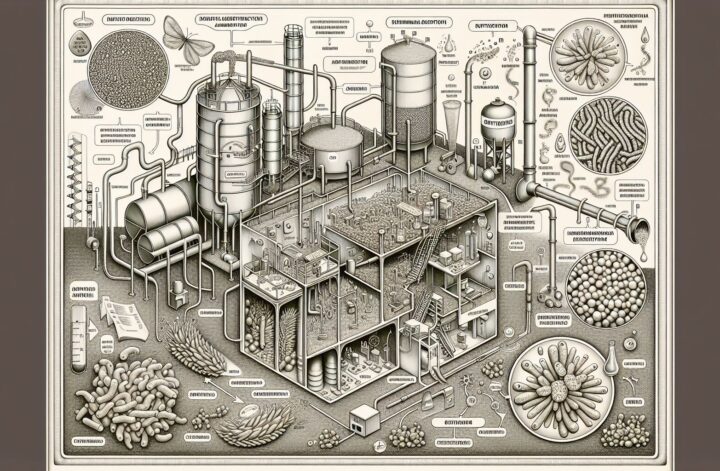The world today is facing an energy crisis of never-before-seen proportions. Not only are the conventional sources of energy dwindling, but their usage has also led to severe environmental consequences that can severely affect the livelihood of future generations. Hence, it has become crucial to bring into the picture cleaner and more sustainable sources of energy, one of which is Renewable Energy.
The Promise of Renewable Energy
Renewable energy, as the name suggests, is energy derived from inexhaustible sources. It can be harnessed from numerous sources including sun, wind, rain, tides, waves, and geothermal heat. Unlike conventional fuels, renewable energy sources don’t produce harmful greenhouse gasses (GHGs), thereby playing a significant role in fighting climate change [1].
Harnessing Biomass for Renewable Energy
Biomass, a form of renewable energy, refers to all biologically-produced matter, whether through the growth of plants, production of waste, or conversion of organic materials. One of the promising ways to harness biomass is through biogas production.
Biogas: An Unconventional Source of Energy
Biogas is produced through the process of anaerobic digestion, where organic waste is broken down by bacteria in the absence of oxygen. This process results in the release of biogas, primarily composed of methane and carbon dioxide, along with a residual product called digestate – a nutrient-rich fertilizer.
The process starts with the collection and segregation of organic waste. The segregated waste is then fed into an anaerobic digester, where it undergoes different stages of digestion. These stages involve hydrolysis, acidogenesis, acetogenesis, and methanogenesis. The process culminates with the production of biogas and digestate [2].
Advantages of Biogas Production
There are numerous advantages to biogas production. It helps manage waste, reducing pollution, and methane emissions by capturing and converting the methane into a versatile energy source. Furthermore, it produces digestate, a nutrient-rich substance that can be used as a soil conditioner or fertilizer, contributing to the sustainability of soil health.
The implications of biogas are vast, ranging from providing heat for cooking and electricity generation to powering vehicles and industries. In fact, through the process of biogas upgrading, the quality of biogas can be enhanced to near-natural gas quality, making it suitable for injection into the natural gas network.
Future of Renewable Energy
Renewable energy sources, including biogas, hold great promise. As scientists continue to innovate and improve existing technologies, these energy forms can effectively replace conventional sources. It is also essential to incentivize the adoption of renewable energy sources through favorable governmental policies and public awareness.
However, like all technological advancements, the production and use of renewable energy come with challenges. For biogas, the concerns involve optimizing the anaerobic digestion process, handling and storage of the produced biogas, and managing digestate. However, with continuous research, these challenges will be surmounted, and renewable energy will be a mainstay in the world’s energy mix.
For a future where energy sufficiency is guaranteed without compromising the health of the planet, it is imperative to adopt and champion renewable energy sources. It is not just about energy. It’s about sustainability, about survival, and ultimately, about the legacy we leave for future generations.
Sources
[1] Renewable Energy: An Overview
[2] Understanding the Science Behind Biogas
[3] Biogas: A Significant Contribution to Decarbonising Energy Systems




